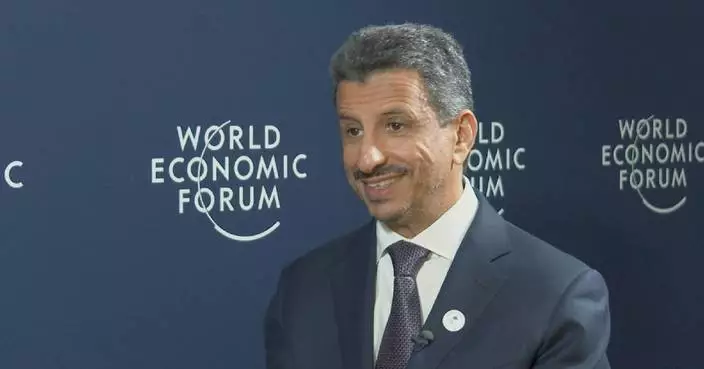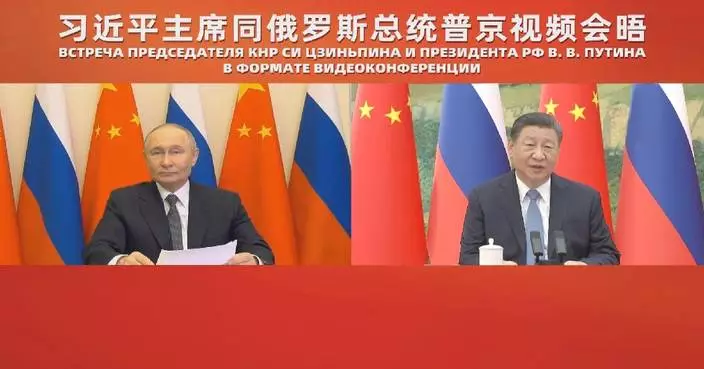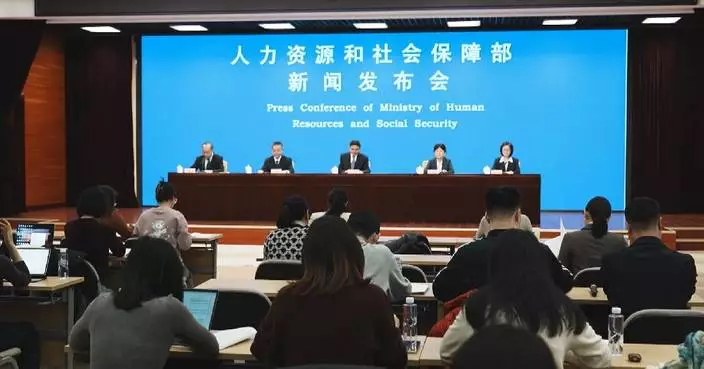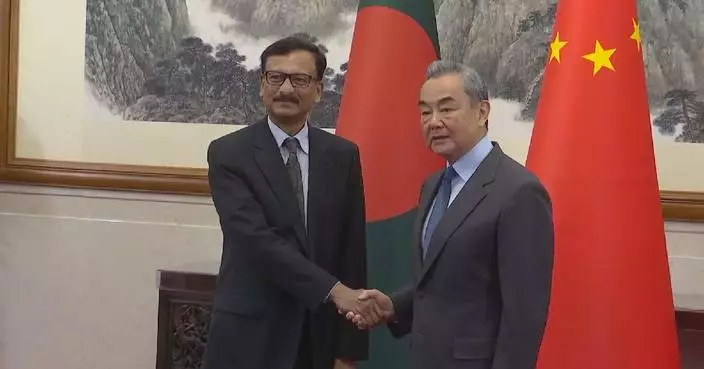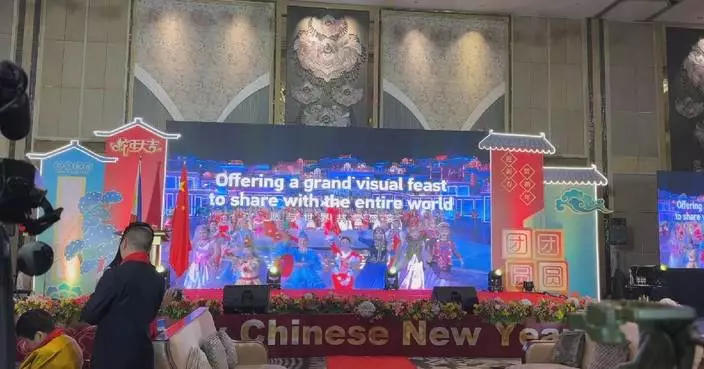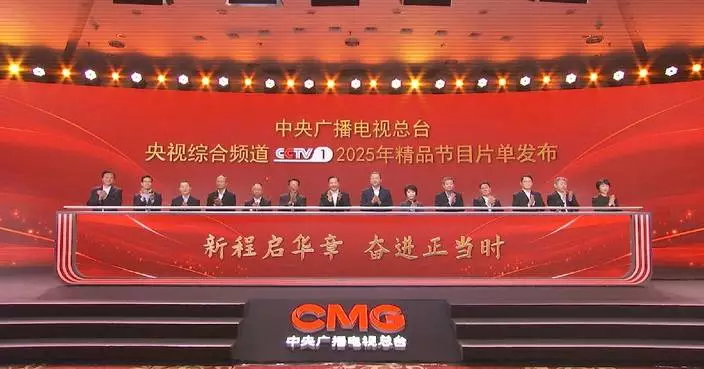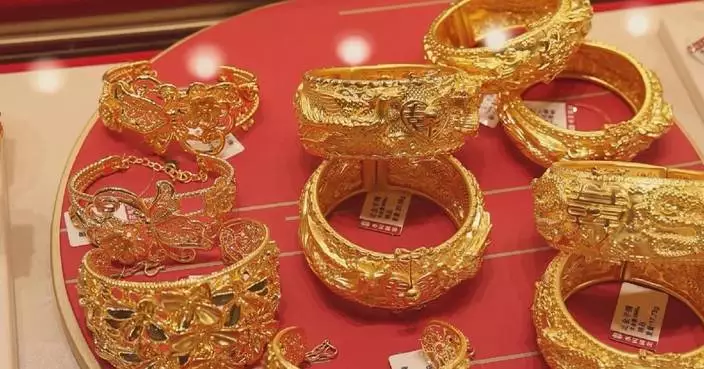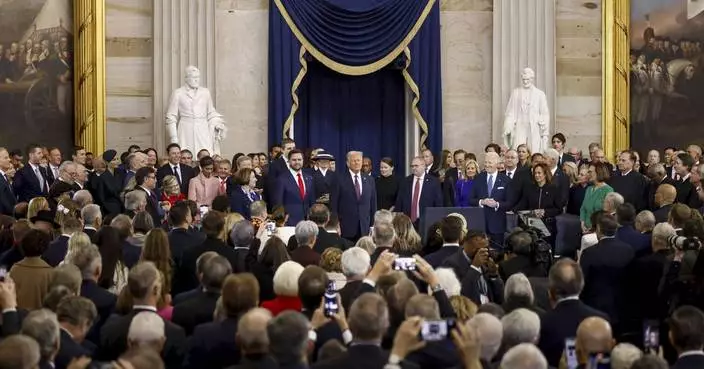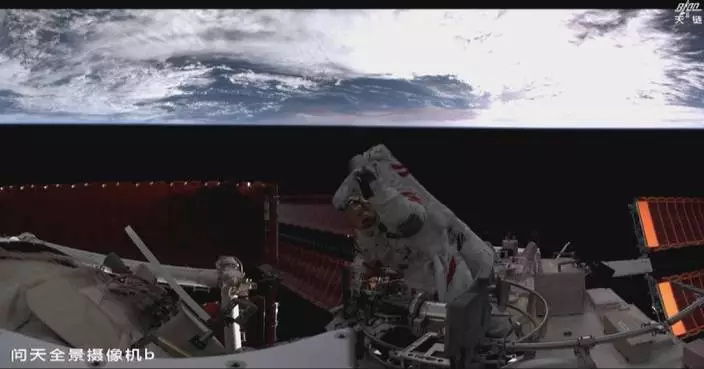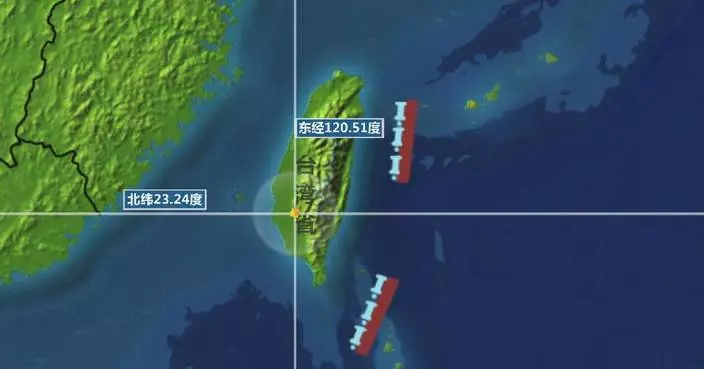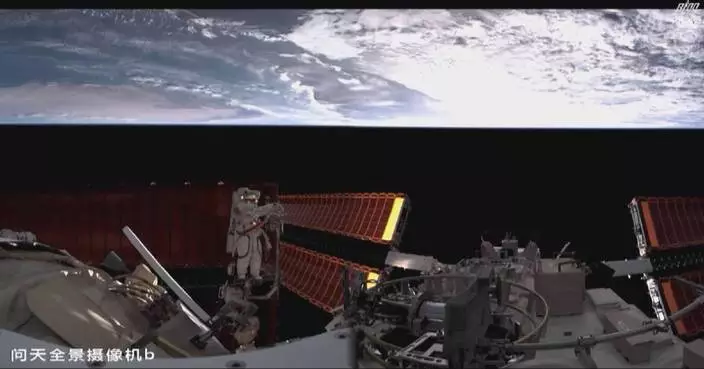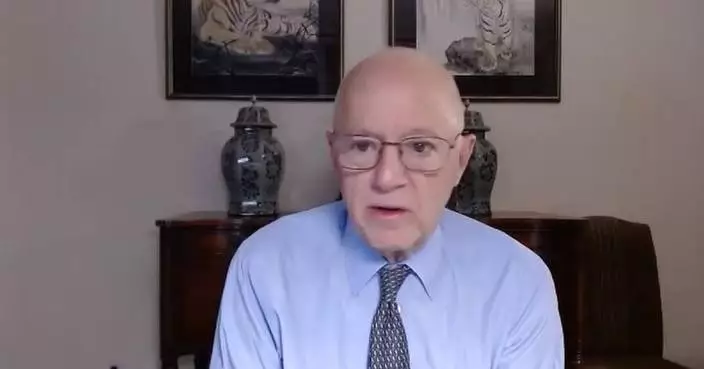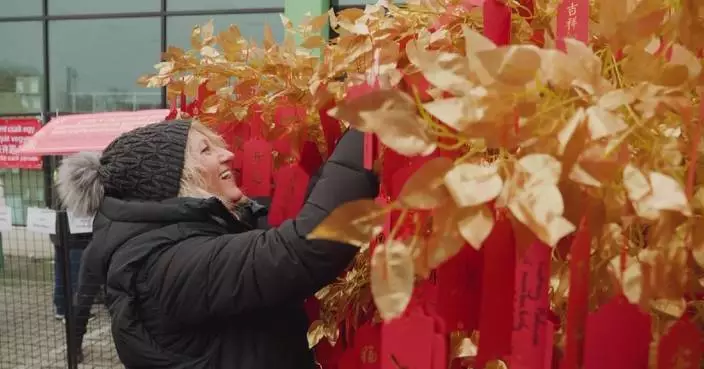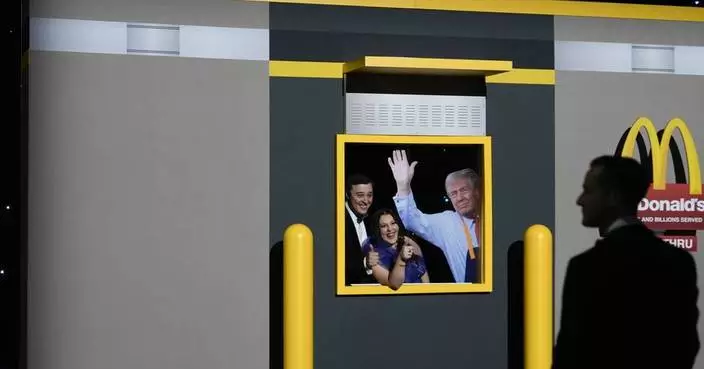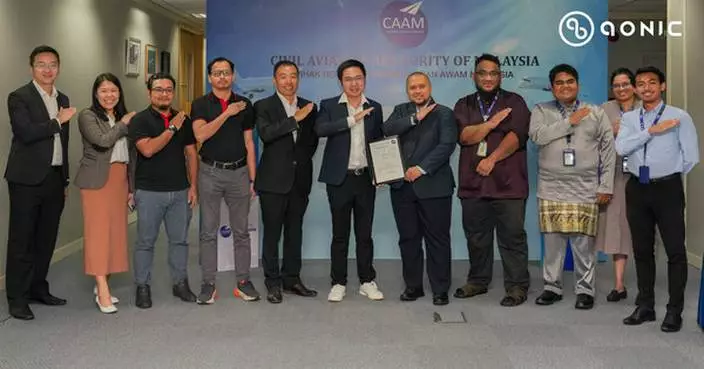Interactive AI experiences have engaged esports fans in France during the just-concluded Paris 2024 Olympic Games, while the confirmation of the first Olympic Esports Games scheduled for 2025 in Saudi Arabia has also whipped up more excitement for this fast-growing sector.
Recognizing the growing popularity of esports, the International Olympic Committee (IOC) has become involved in establishing the new Games after esports were included as a medal event at last year's Hangzhou Asian Games.
Last month, the IOC announced it has partnered with the National Olympic Committee (NOC) of Saudi Arabia to host the inaugural Olympic Esports Games in 2025, with the proposal being unanimously endorsed by the IOC executive board.
As the 2024 Summer Olympics has come to an end in Paris, esports enthusiasts are already looking forward to their own version of the Games next year which will show off the passion of youngsters from around the world.
With virtual reality technologies being applied to many sports, the dream of holding an esports Olympics will finally come true and help this particular field become more accepted as a mainstream sport.
Alibaba, one of China's leading enterprises, has shown the public how some Olympic sports, such as boxing, could be played in a digital manner, while still retaining a highly-competitive physical element.
"I think that esports itself, especially contemporary esports, has its own fanbase and its own interests from the general public, and that remains as such. But for sports, and virtual sports in particular, what the relationship with esports is that it is using the format of computer games to introduce itself and widen its base of supporters and also people and fans, to allow them to experience the sport and also to continuously engage them," said Ng Chong Geng, founder of Refract Technologies, a Singapore-based firm focused on enhancing gaming and entertainment experiences through virtual reality.
Appealing to younger fans has been a priority for many international sports organizations. In 2020, the traditional Olympic Games added surfing, skateboarding and sport climbing, while breaking made its debut at the 2024 Paris Olympics.
Many believe Esports could be seen as a new platform to stimulate greater participation among young people as the audience for traditional sports ages.
"There is a lot of excitement around the potential inclusion of esports. But then right now, we're taking it one step at a time, right? So the Olympic Esports Games is a representation of that. It is important that we figure out what are the right games to include. There must be some physical elements to it and then you have to really exercise to compete in these sports. So VR boxing and VR taekwondo is a representation of that," said Josh Ye, head of global communications for VSPO, Asia's biggest esports operator.
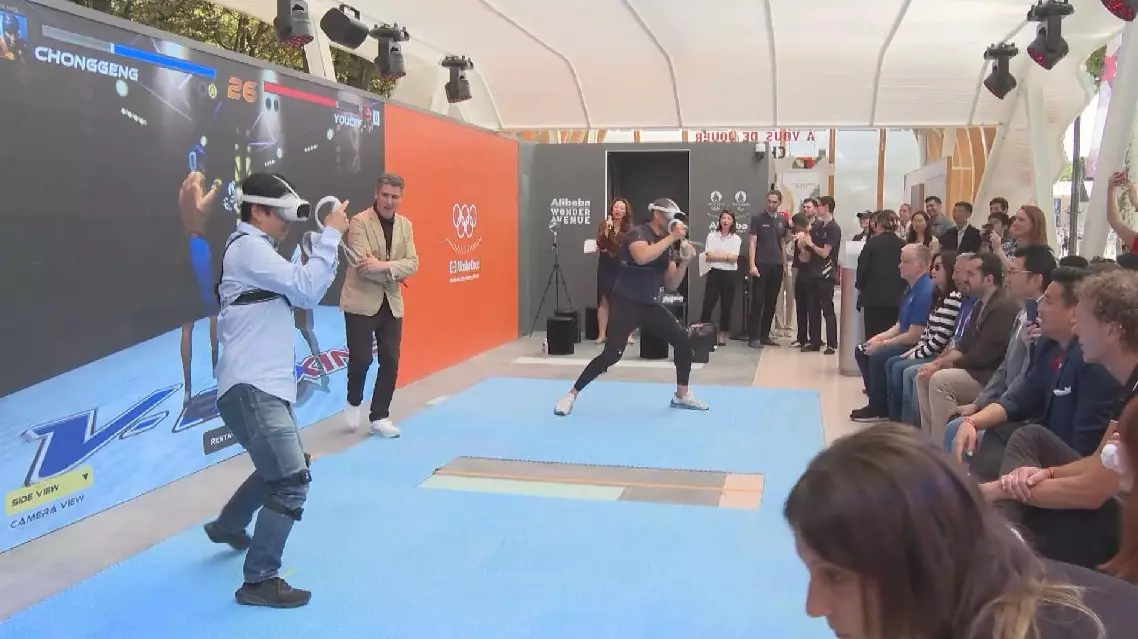
Interactive AI experiences excite esports fans in Paris
People in Panama City have firmly dismissed U.S. President Donald Trump's threat to retake the Panama Canal, calling his claims "nonsense" and saying such a move even risks world peace.
After his presidential election win in November, Trump has made a series of expansionist remarks, including stating his plans to make Canada a U.S. state, rename the Gulf of Mexico, and gain control of the Panama Canal and Greenland.
Last month, Trump accused Panama of treating the U.S. in a "very unfair and injudicious way," and has refused to rule out using military means or taking economic action in his pursuit of the Panama Canal.
At the start of this year, Panama celebrated the 25th anniversary of the handover of the canal, which had been under the control of the United States for nearly a century until the end of 1999.
During his inauguration speech shortly after taking the oath of office on Monday, Trump claimed Panama had 'violated' the treaty and said the U.S. would be "taking it back." In response, Panamanian President Jose Raul Mulino rejected Trump's position and said there is no presence of any nation in the world that interferes with the administration of Panama.
Many residents in Panama see the canal as a symbol of national pride and consider it a crucial driver of the country's economy.
Milena Marin, a local resident, criticized Trump's remarks and called on countries across Central America to stand together to protect their own interests from U.S. infringement.
"First of all, the Panama Canal belongs to the Panamanians, and we are doing an excellent job managing it. Since we took over its administration, we have been doing very well. Those (Trump's statements) are words of attack. We have to take care of our canal. It has a negative impact since [Trump's remarks] affect both the environment for us Panamanians but also the image of the country. We have been doing a great job with the management of the canal. These statements definitely affect world peace. They bring such negativity around Panama. [We need] more meetings and dialogue with Central American countries, because the more united we are, the stronger and less vulnerable we will be. And I think that the union between the countries of Central America could be a great solution," said Marin.
Meanwhile, Luis Gomez, a local photographer, said Trump's statements are lacking in reason, and said the issue should be resolved peacefully, citing the huge military disparities between the two sides.
"The president's statements do not make sense and seem a bit illogical, since Panama is such a small country that we don't even have a [traditional] military. We have no chance of being able to confront [the U.S.] because they are a powerful country. We cannot compare ourselves to a country of such size. The impact would be overwhelming for us. The canal is important not only for Panama but also for the whole world because it allows ships and goods from all over the world to pass through smoothly," said Gomez.
The Panama Canal, which started operation in 1914, serves as an important international waterway that links the Pacific and the Atlantic. It was taken over by the Panamanian government in 1999 following the terms set out in the Torrijos-Carter Treaties, which were signed back in 1977 by Panama's General Omar Torrijos and then U.S. President Jimmy Carter, ending 85 years of the colonial enclave known as the Panama Canal Zone.
Panamanian residents dismiss Trump's claims of retaking Panama Canal



